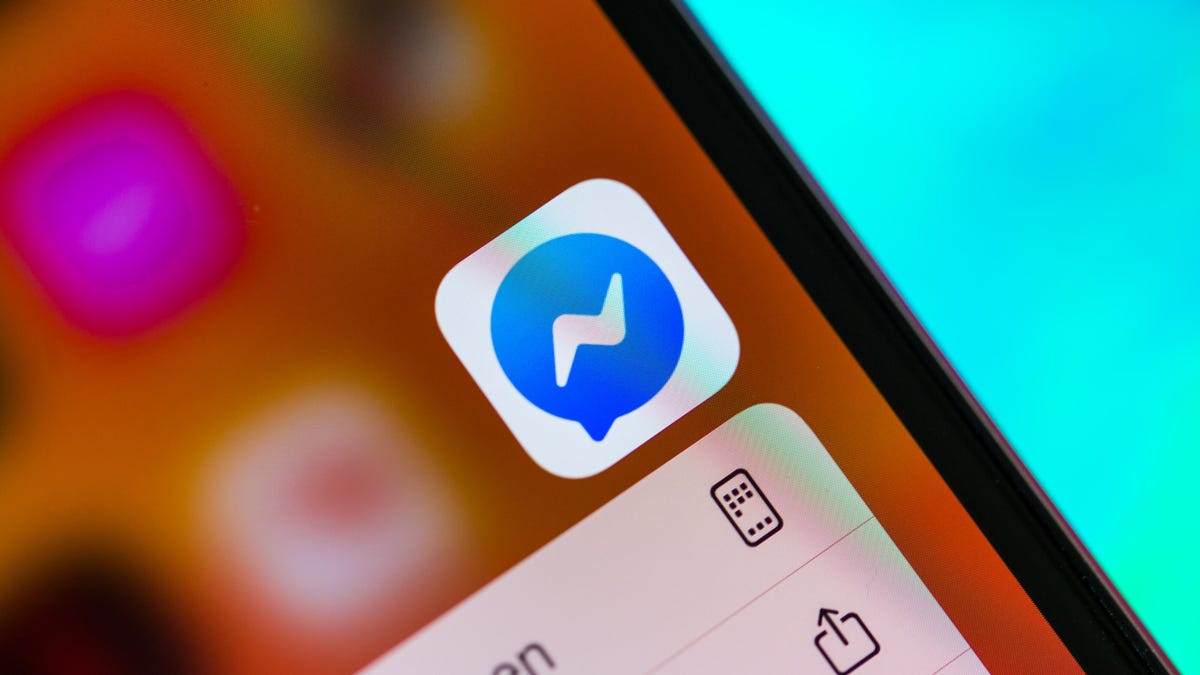Facebook Messenger requires a Facebook account to sign up now
Before, you could sign up just with a phone number.

You need a Facebook account now to use Messenger.
Facebook's grip on Messenger got tighter this week. The social networking giant said it's requiring new people who sign up for its Messenger communications app to tie it to their Facebook account, effectively forcing them to reveal their identities and tie their communications to their social networking profile.
Facebook made the move, which was earlier reported by VentureBeat, because "the vast majority of people who use Messenger already log in through Facebook and we want to simplify the process," a Facebook spokeswoman said in a statement. Existing Messenger accounts that aren't tied to Facebook profiles won't need to make any changes, for now.
In 2015, Facebook began letting people sign up for its messaging service with just a phone number, and not a profile.
The change comes as Facebook prepares to more closely tie Messenger with its Instagram photo sharing site and WhatsApp text message replacement service. As it makes these changes, Facebook said communications between the three services, all of which it owns, will be encrypted end-to-end, meaning only the sender and receiver should be able to view the messages.
Facebook isn't just more tightly connecting its three massive social networks. It's also said it plans to make communications on its services generally more private, shifting to private group chats and person-to-person communications instead of the public broadcast "news feed" style the company's become known for.
"I believe the future is private," Facebook co-founder and CEO Mark Zuckerberg said earlier this year. "This is the next chapter for our services."

